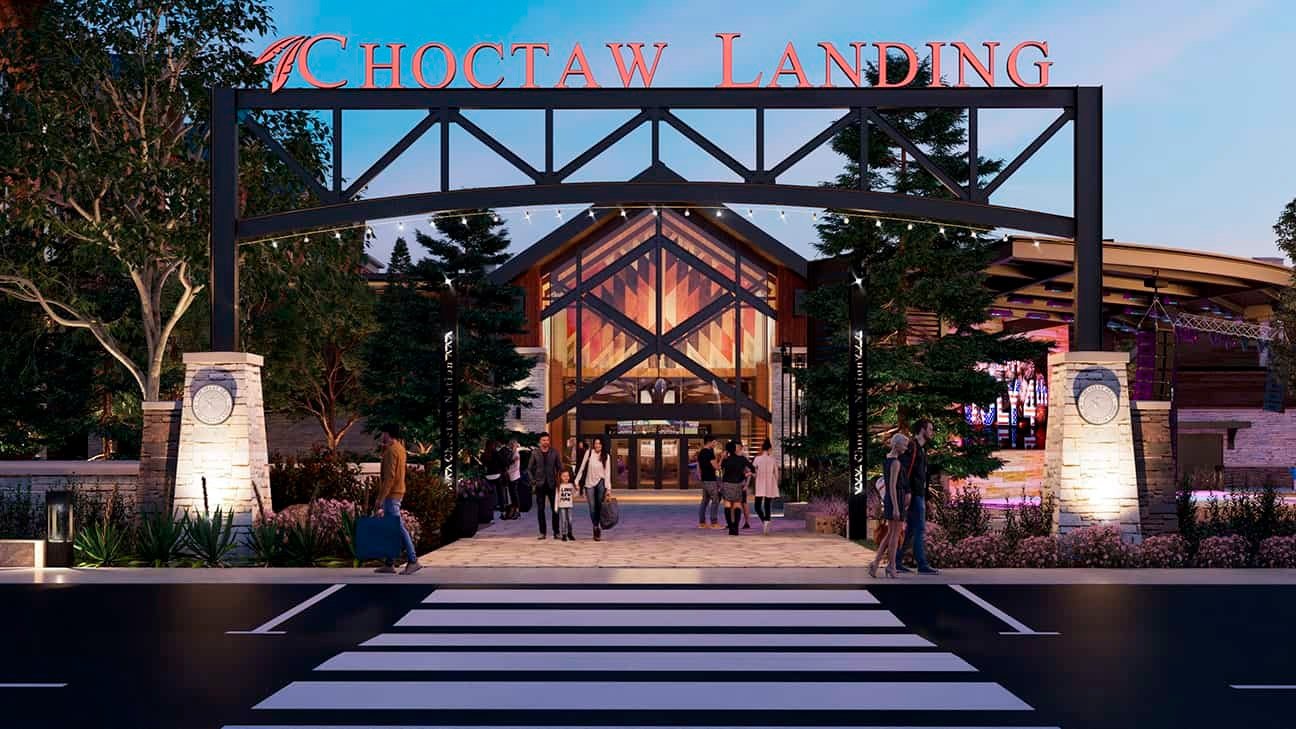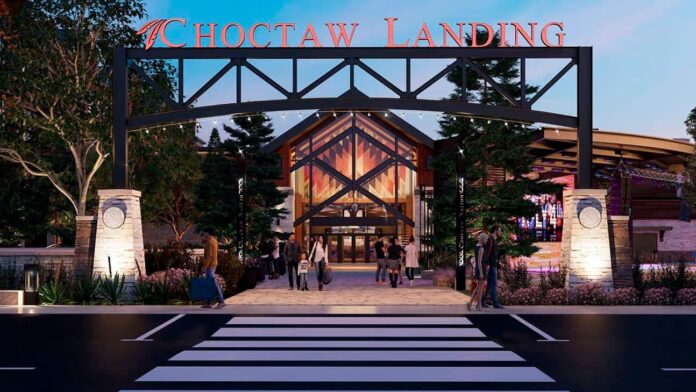The annual convention of Oklahoma’s tribal gaming industry has convened in Tulsa, delving into critical discussions on strategies for sustained growth while grappling with the uncertainties surrounding the introduction of sports betting within the state.
While numerous states across the nation have embraced sports betting, the concept has yet to establish a presence in Oklahoma, largely due to the ongoing stalemate in state-tribal relations.
According to a report The Oklahoman, Matthew Morgan, Chairman of the Oklahoma Indian Gaming Association, which orchestrated the event, pointed out the impasse with the state’s chief executive as a key obstacle. The convention saw participation from over 2,200 attendees, including leaders from more than a dozen of Oklahoma’s 39 tribes, the report said.

Oklahoma has one of the most substantial tribal gaming landscapes in the United States, boasting a network of over 130 casinos operated by nearly three dozen tribes. The generated profits play a pivotal role in financing tribal nations, supporting essential government programs, services, and economic advancement, particularly in the predominantly rural regions they serve.
As per the report, attempts to legalize sports betting within the casino environment have encountered legislative setbacks for consecutive years. The primary hurdle lies in the absence of consensus among the governor, the state’s primary negotiator, and tribal leaders. Tribal governments currently hold exclusive gaming privileges in Oklahoma, stemming from a voter-endorsed agreement.
The direction of negotiations remains uncertain under the leadership of Governor Kevin Stitt, who began his second term in January. Stitt has consistently challenged state-tribal agreements, including the central gaming compact.
This compact outlines a framework wherein tribes pay the state recurring fees in exchange for exclusive rights to operate specific electronic and table games. Revenues from Class III gaming, primarily encompassing slot machines with random odds, contribute 4-6% to the state, while table games contribute 10%.
Although the payments have exhibited a consecutive increase over the past three years, reaching $200.5 million in the last fiscal year that concluded in June, the pace of growth slowed. Unlike the double-digit growth rates of previous years, the most recent tally indicated a 5% expansion.
Sports betting is also seen as a means to engage younger clientele and facilitate entry into mobile betting. However, industry experts participating in the convention noted that the establishment and upkeep of sports betting ventures entail substantial costs and operate on narrow profit margins.
Morgan emphasized that any discussions with the state must take into consideration the diverse economic circumstances of the tribes. In contrast, Stitt has previously expressed his intention to ensure equity in any sports betting arrangements for the state. He has raised concerns about the existing gaming compact, deeming it inequitable, and has engaged in separate negotiations to establish distinct agreements with four tribes.
Original article: https://www.yogonet.com/international/noticias/2023/08/18/68390-introduction-of-sports-betting-in-oklahoma-39s-tribal-gaming-sector-shrouded-in-uncertain-timeline














